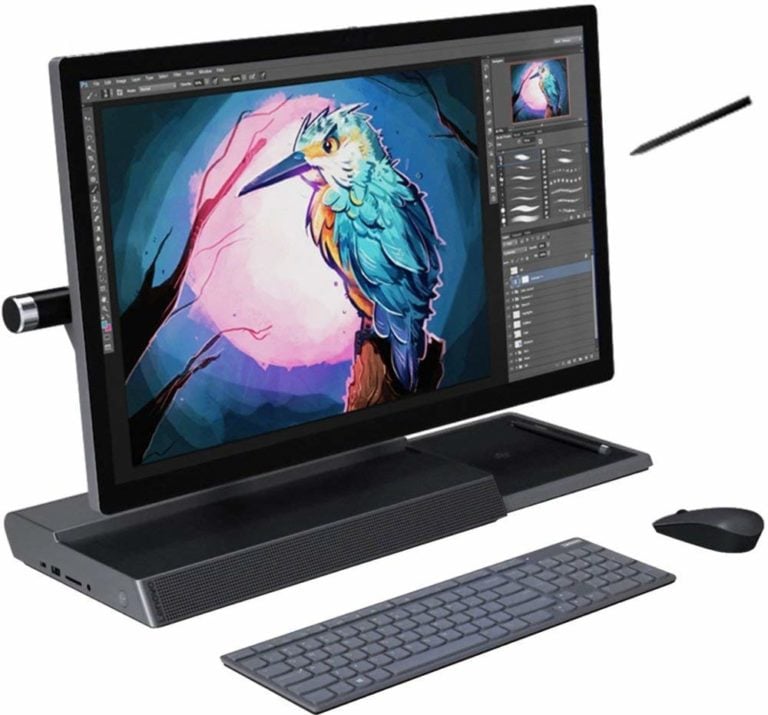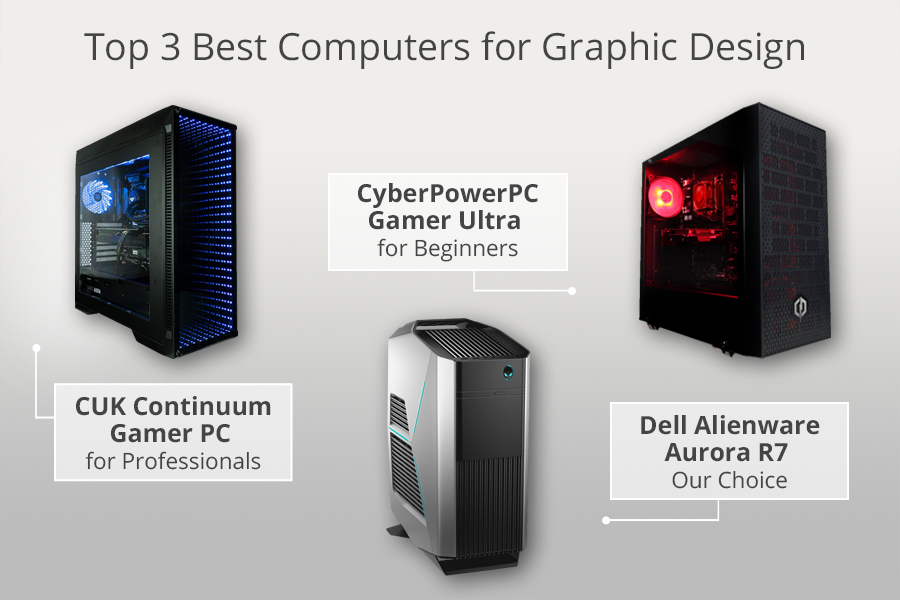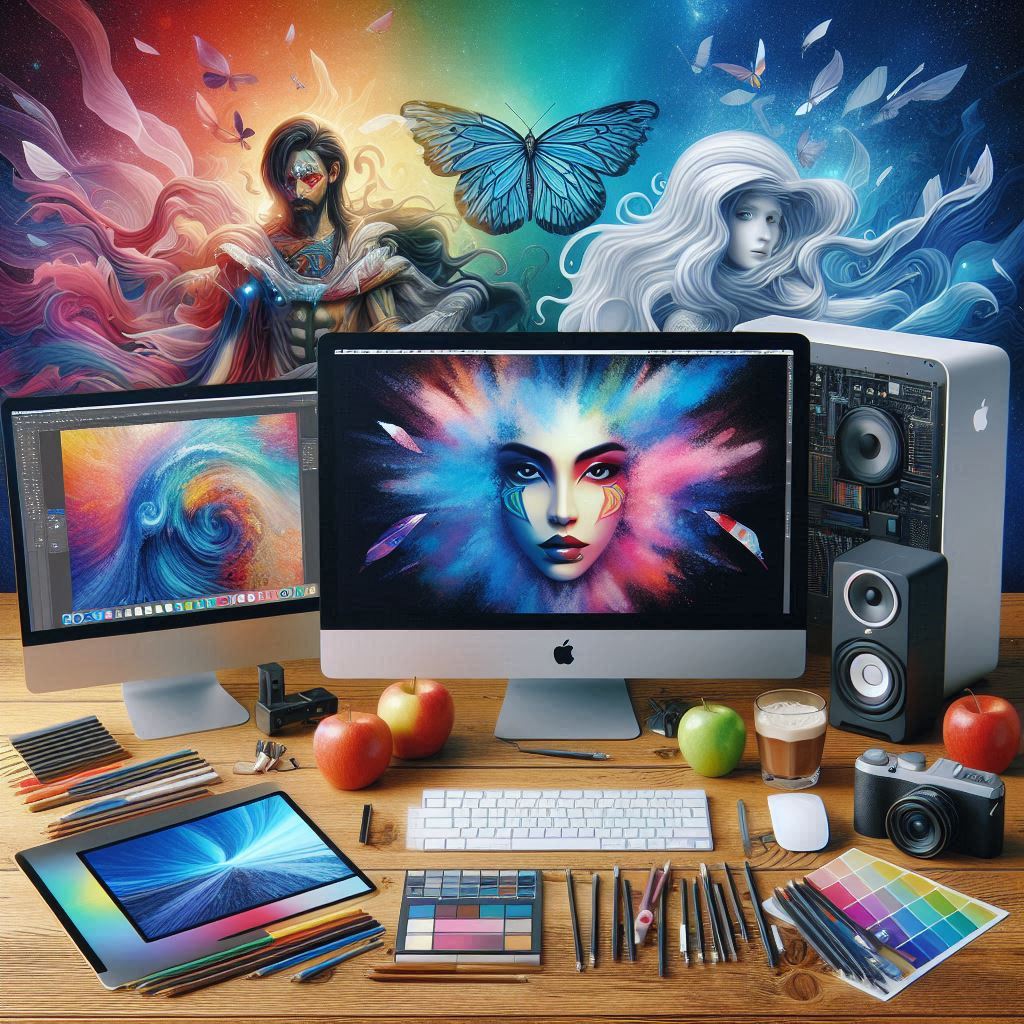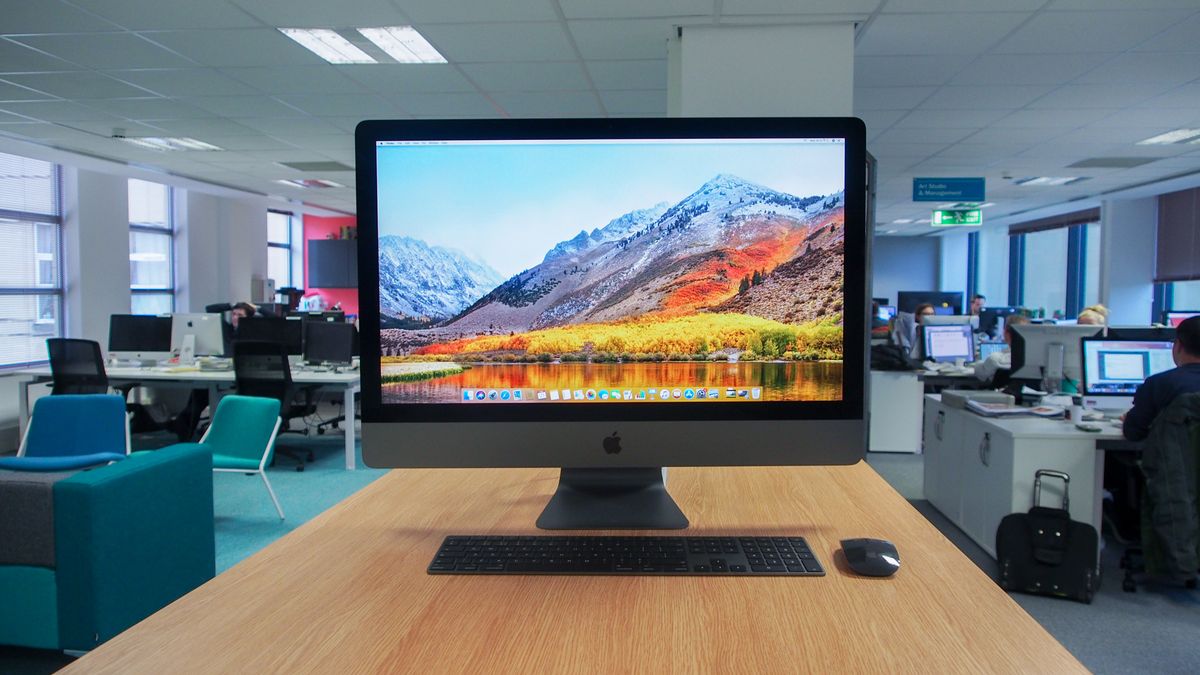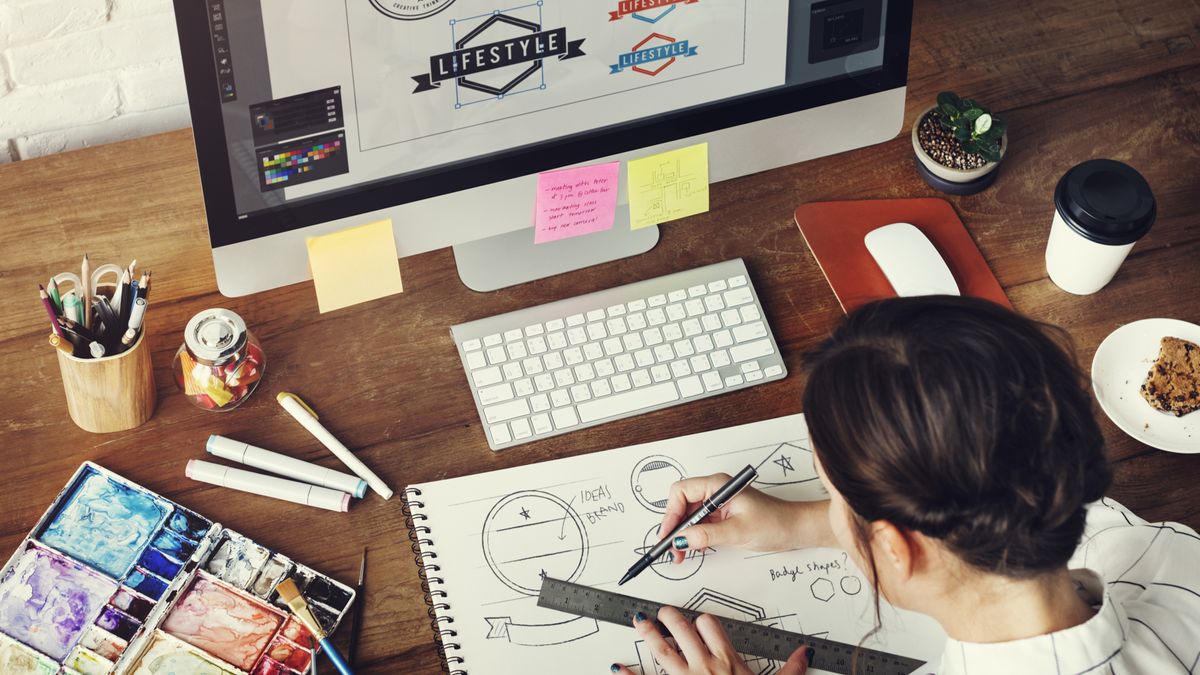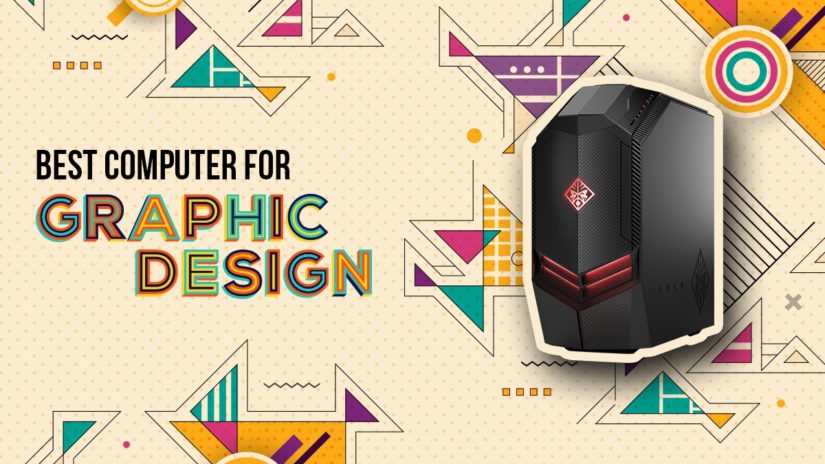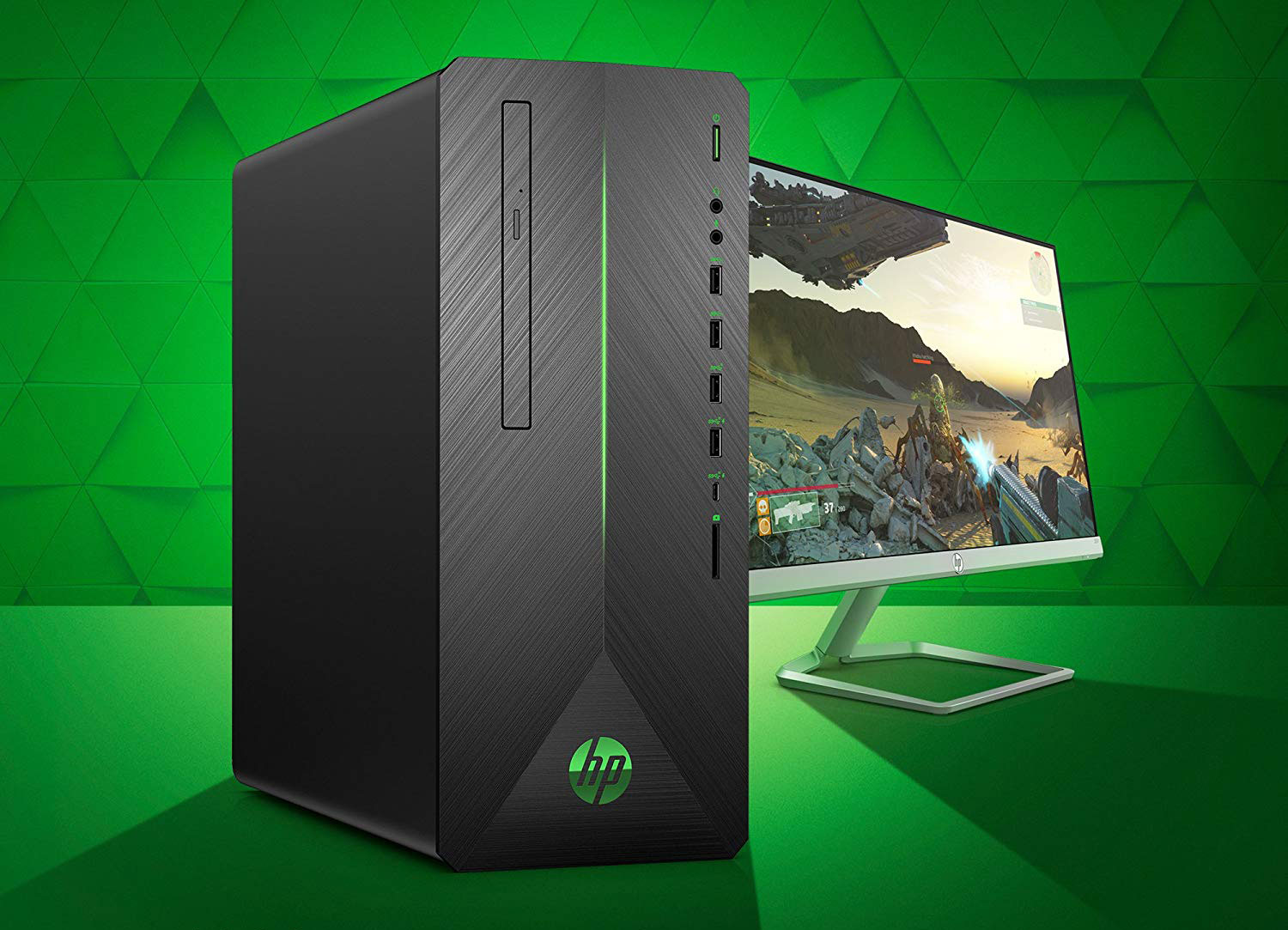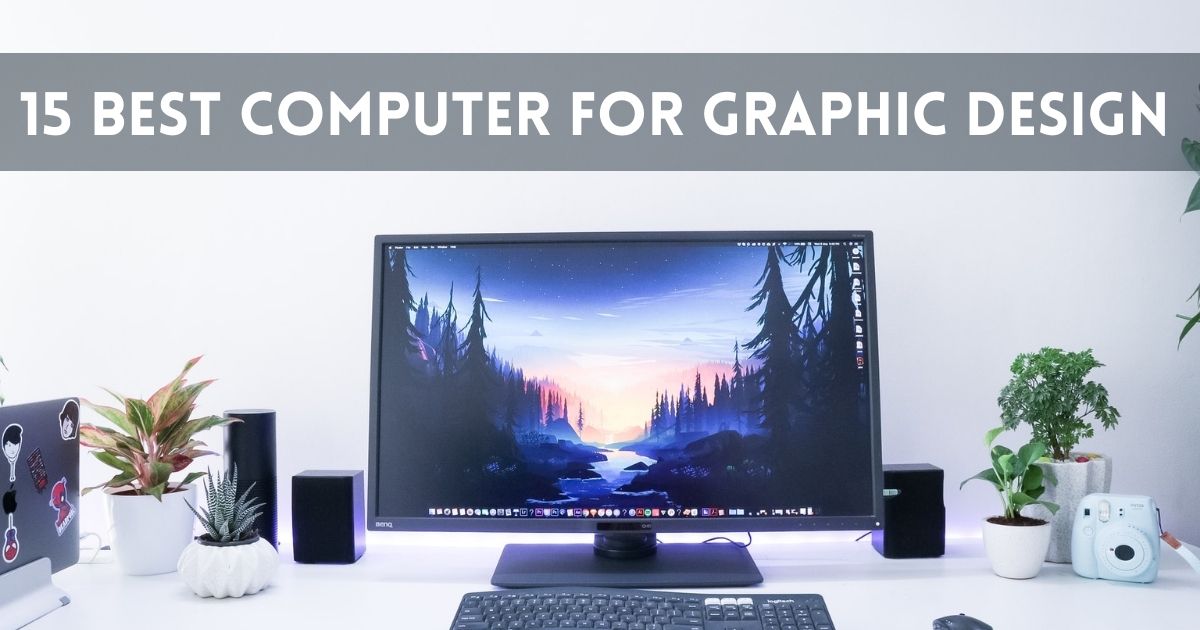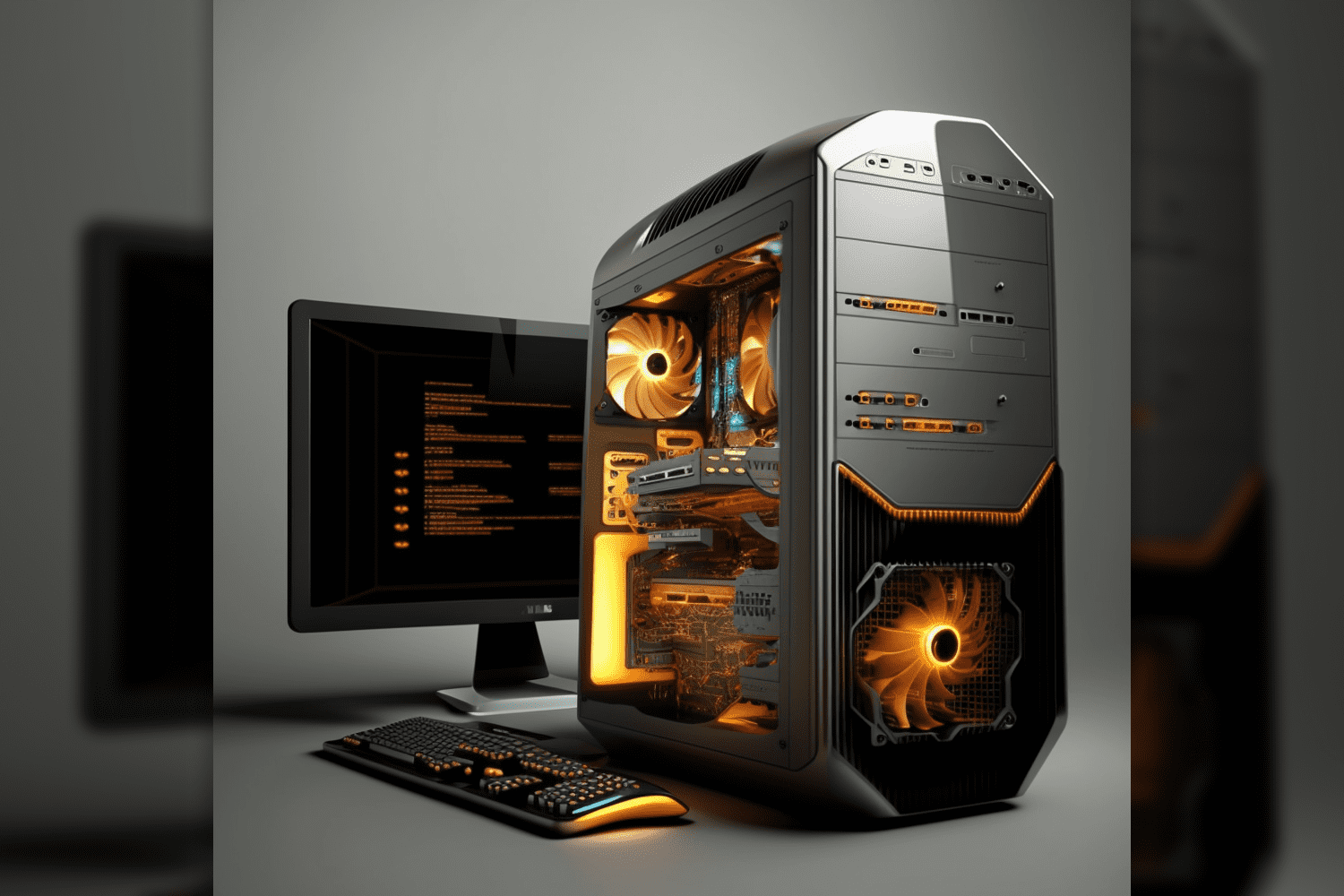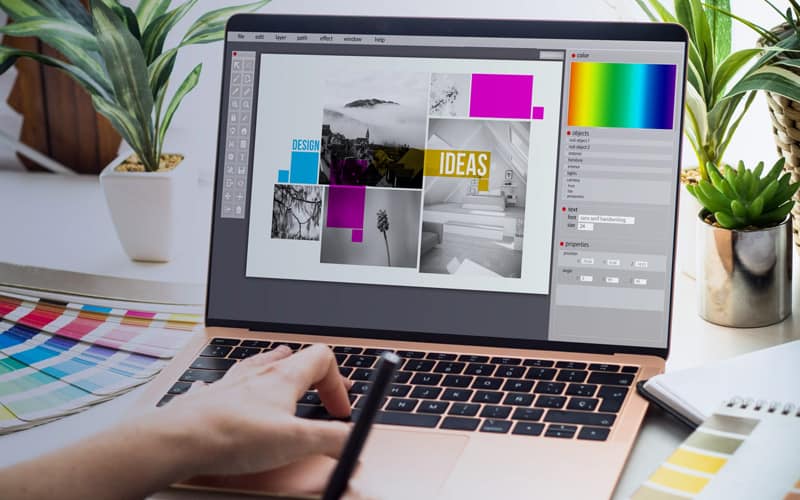Best Computer For Graphic Designing
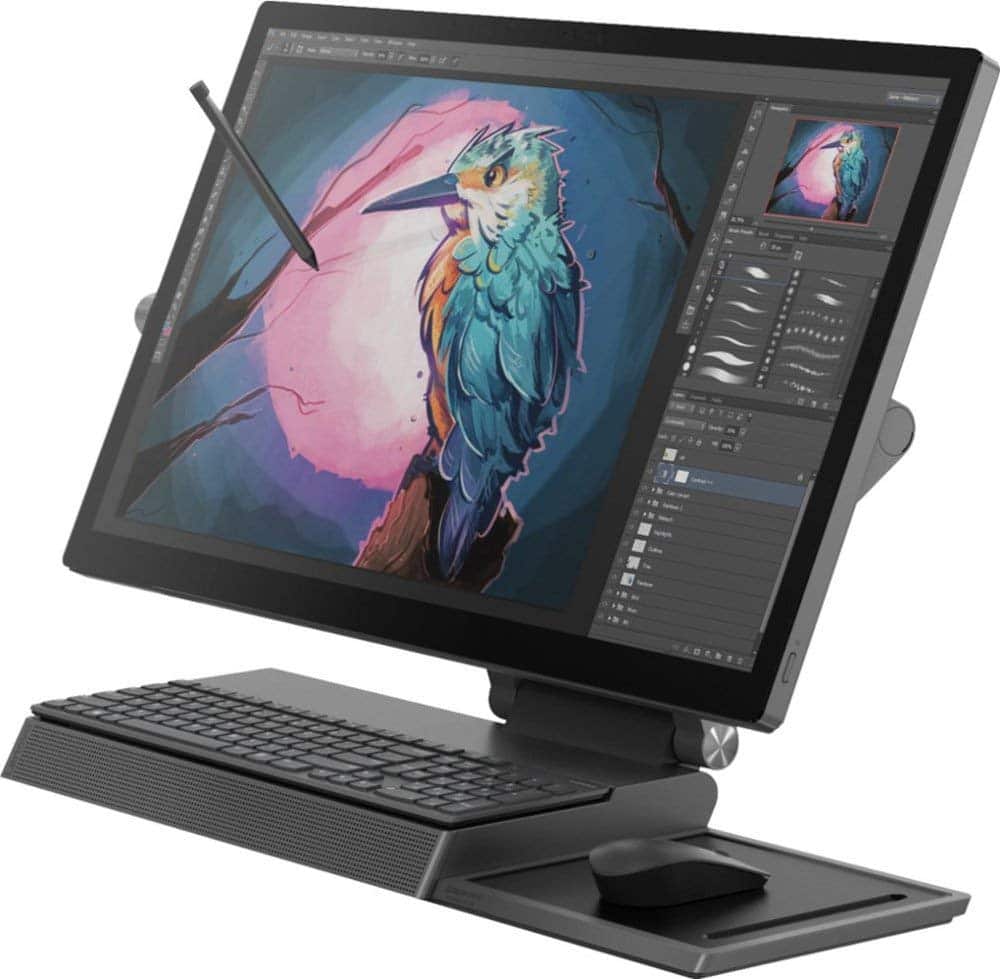
For value-conscious graphic designers, the right computer isn't just a tool; it's an investment in your creative potential. A powerful, reliable machine ensures smooth workflows, efficient rendering, and the ability to bring your visions to life without frustrating limitations. This review dives deep into the best computers, balancing performance with affordability to help you make an informed decision.
Why the Right Computer Matters for Graphic Design
Graphic design demands significant processing power. Software like Adobe Photoshop, Illustrator, and InDesign can be resource-intensive, especially when working with large files or complex projects. The right computer ensures these applications run smoothly, preventing lag and crashes that can disrupt your creative flow and impact deadlines.
A capable computer also unlocks access to advanced features and techniques. From intricate vector illustrations to detailed photo manipulations, a powerful machine empowers you to push the boundaries of your creativity without being held back by technical limitations. Ultimately, the right computer boosts productivity and allows you to focus on what truly matters: creating exceptional designs.
Shortlist of Top Computers for Graphic Design (Budget-Friendly Options Included)
Here’s a curated list, tailored to diverse needs and budgets:
- Entry-Level: Apple Mac Mini (M2 Chip) - Excellent value for basic to intermediate tasks.
- Mid-Range: Apple iMac 24-inch (M3 Chip) - A great balance of performance and aesthetics.
- High-End: Apple MacBook Pro 16-inch (M3 Pro/Max Chip) - For professionals demanding maximum power on the go.
- PC Alternative (Mid-Range): HP Envy Desktop - Customizable and powerful at a competitive price.
Detailed Reviews
Apple Mac Mini (M2 Chip)
The Mac Mini with the M2 chip is an outstanding entry-level option. It delivers impressive performance for its compact size and affordable price tag. Expect smooth performance with most graphic design software, especially for less demanding projects.
Its biggest advantage is its value. However, you'll need to factor in the cost of a separate monitor, keyboard, and mouse. The M2 chip offers a significant performance boost over previous generations, making it a capable machine for many designers.
Apple iMac 24-inch (M3 Chip)
The 24-inch iMac is a stylish and powerful all-in-one solution. The M3 chip provides ample power for most graphic design tasks, and the stunning Retina display offers exceptional color accuracy. It's an excellent choice for designers who appreciate aesthetics and ease of use.
The integrated design simplifies setup and minimizes cable clutter. The M3 chip provides a noticeable performance improvement over the M1, making it capable of handling more demanding projects. However, the integrated graphics may limit its performance with extremely complex 3D designs.
Apple MacBook Pro 16-inch (M3 Pro/Max Chip)
The 16-inch MacBook Pro is a powerhouse designed for professional creatives. Equipped with the M3 Pro or M3 Max chip, it offers unmatched performance for demanding tasks such as video editing, 3D rendering, and complex graphic design projects. It's the ultimate mobile workstation for designers who need power on the go.
The stunning Liquid Retina XDR display provides exceptional color accuracy and brightness. The high price tag reflects its premium performance and features. Consider this option if your workflow involves intensive tasks that require maximum processing power and portability.
HP Envy Desktop
The HP Envy Desktop offers a compelling PC alternative, especially if you prefer Windows or need specific PC-compatible software. It's highly customizable, allowing you to configure it with powerful processors, dedicated graphics cards, and ample RAM. This flexibility makes it suitable for a wide range of graphic design tasks.
The price is competitive, and you can upgrade components as needed. The wide range of configuration options allows you to tailor the machine to your specific needs. Consider this option if you prefer the Windows ecosystem or require a highly customizable desktop solution.
Side-by-Side Specs Table with Performance Scores (Estimated)
| Computer | Processor | RAM (Base) | Storage (Base) | Graphics | Estimated Photoshop Score (out of 100) | Price (Starting) |
|---|---|---|---|---|---|---|
| Mac Mini (M2) | Apple M2 | 8GB | 256GB SSD | Integrated 8-Core GPU | 75 | $599 |
| iMac 24-inch (M3) | Apple M3 | 8GB | 256GB SSD | Integrated 8-Core GPU | 85 | $1299 |
| MacBook Pro 16-inch (M3 Pro) | Apple M3 Pro | 18GB | 512GB SSD | Integrated 14-Core GPU | 95 | $2499 |
| HP Envy Desktop | Intel Core i5 (Configurable) | 8GB | 256GB SSD | Intel UHD Graphics (Configurable) | 65 (Configurable) | $799 |
Note: Performance scores are estimates and can vary based on specific configurations and software versions. Prices are starting prices and may vary depending on retailer and configuration.
Practical Considerations
Beyond raw specs, consider these practical factors:
- Display Quality: Accurate color representation is crucial for graphic design. Look for monitors with high color gamut coverage (e.g., sRGB, Adobe RGB) and good color accuracy (low Delta E).
- Ergonomics: Invest in a comfortable keyboard and mouse to prevent strain during long work sessions.
- Operating System: Choose the OS you're most comfortable with (macOS or Windows). Both have their strengths and weaknesses regarding software compatibility and workflow.
- Ports and Connectivity: Ensure the computer has enough ports for your peripherals (e.g., external drives, drawing tablets).
Consider your workflow and the types of projects you typically work on. A high-resolution display is essential if you frequently work with detailed images. Sufficient RAM is critical for handling large files and running multiple applications simultaneously.
Don't forget about software compatibility. Ensure your preferred graphic design software is fully compatible with the chosen operating system and hardware.
Summary
Choosing the best computer for graphic design requires balancing performance, features, and budget. The Mac Mini offers excellent value for entry-level users, while the iMac provides a stylish and powerful all-in-one solution. The MacBook Pro is the ultimate mobile workstation for professionals, and the HP Envy Desktop provides a customizable PC alternative.
Remember to consider practical factors such as display quality, ergonomics, and software compatibility. Carefully evaluate your needs and budget to make an informed decision that will empower your creative work.
Call to Action
Ready to upgrade your design setup? Explore the options discussed and consider your specific needs. Visit the manufacturers' websites or your local retailers to compare models and find the perfect computer to elevate your graphic design workflow. Invest in your creativity and unlock your full potential!
Frequently Asked Questions (FAQ)
Q: How much RAM do I really need for graphic design?
A: 16GB is generally recommended for most graphic design tasks. For demanding projects, consider 32GB or more.
Q: Is a dedicated graphics card necessary?
A: For basic tasks, integrated graphics may suffice. However, a dedicated graphics card significantly improves performance with demanding applications and 3D rendering.
Q: Should I choose macOS or Windows?
A: Both operating systems are suitable for graphic design. Choose the one you're most comfortable with and that best supports your preferred software and workflow.
Q: What is the best monitor size for graphic design?
A: A 27-inch or larger monitor provides ample screen real estate for multitasking and detailed work. Consider a high-resolution display (e.g., 4K) for sharper images.
Q: Can I use a tablet for graphic design?
A: Yes, drawing tablets can be valuable tools for creating illustrations and retouching images. Wacom is a popular brand, but many other options are available.

